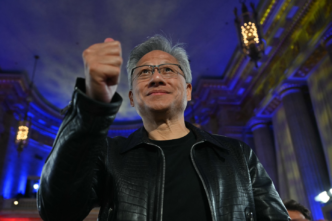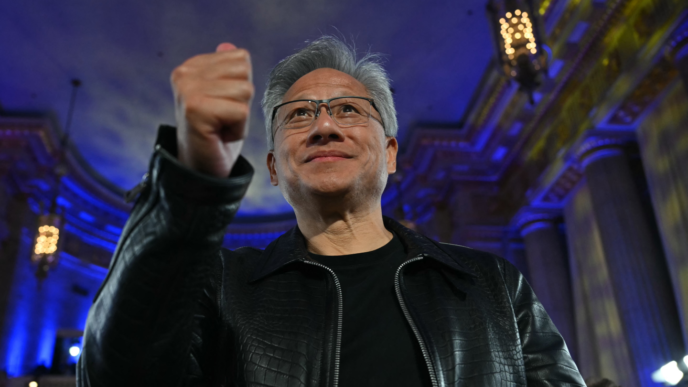Keurig Dr Pepper Inc. (KDP) is making one of the boldest moves in its history with an $18 billion agreement to acquire JDE Peet’s, the multinational coffee and tea company behind household names like Peet’s Coffee, L’OR, and Jacobs. The deal signals a major shift in the global beverage industry, where consolidation, branding power, and product innovation are becoming central to long-term growth.
Why This Deal Matters
The acquisition positions Keurig Dr Pepper as a global beverage powerhouse, extending far beyond its traditional soft drinks, packaged water, and coffee pods. By integrating JDE Peet’s, KDP gains control of a portfolio that spans over 50 leading coffee and tea brands, sold in more than 100 countries.
Coffee has been one of the fastest-growing beverage categories worldwide, driven by a younger consumer base that values premium experiences, convenience, and sustainability. Owning JDE Peet’s not only gives KDP significant global reach but also allows it to challenge giants like Nestlé (Nescafé, Nespresso) and Starbucks in markets where it previously had a limited footprint.
The Strategic Play
KDP has built its reputation on North America’s coffee pod market, with its Keurig machines and partnerships powering a multibillion-dollar ecosystem. But outside of the U.S. and Canada, its presence has been more muted. JDE Peet’s fills that gap:
- Peet’s Coffee is strong in the U.S. specialty segment.
- Jacobs dominates in Central and Eastern Europe.
- L’OR has become a global challenger in premium coffee capsules, competing directly with Nestlé’s Nespresso.
- Senseo and Tassimo bring established single-serve platforms in Europe.
By combining forces, KDP gains an end-to-end coffee platform, from mass-market instant and ground coffee to premium specialty and capsule systems. This diversity insulates the company from market swings and shifting consumer preferences.
Financials and Deal Structure
While the exact financing terms are yet to be finalized, industry analysts suggest KDP will rely on a combination of cash, debt, and equity issuance to complete the transaction. The $18 billion valuation underscores both the strength of JDE Peet’s brand portfolio and the growth opportunities KDP envisions in global coffee markets.
KDP executives highlighted that the acquisition is expected to generate significant synergies:
- Streamlined supply chains and procurement.
- Shared research and development on packaging, sustainability, and brewing systems.
- Expanded distribution channels in both retail and food service.
Consumer Trends Driving the Move
The deal reflects a broader transformation in how consumers view beverages:
- Premiumization: Shoppers are trading up for high-quality coffee beans, capsules, and specialty drinks.
- At-home convenience: Post-pandemic, consumers continue to invest in home brewing systems.
- Sustainability: Eco-friendly packaging and fair-trade sourcing are becoming non-negotiables.
- Global tastes: Younger consumers are experimenting with global coffee traditions, from cold brews to specialty blends.
By acquiring JDE Peet’s, KDP is positioning itself to capitalize on these shifts and lock in long-term consumer loyalty.
Challenges Ahead
While the acquisition presents enormous opportunities, it also comes with risks:
- Integration complexity: Merging two global companies with diverse product lines and supply chains is a massive undertaking.
- Competitive pressures: Nestlé, Starbucks, and Coca-Cola are all investing heavily in coffee and ready-to-drink beverages.
- Debt load: Financing an $18 billion deal may stretch KDP’s balance sheet in the short term.
Nonetheless, analysts suggest the potential rewards—particularly in expanding KDP’s global reach—outweigh the risks.
Reshaping the Beverage Landscape
The acquisition underscores a broader trend in the industry: coffee is becoming the centerpiece of beverage growth. With soda sales flattening in many markets and bottled water under environmental scrutiny, coffee and tea stand out as categories with room for innovation, loyalty, and premium margins.
If successful, Keurig Dr Pepper’s acquisition of JDE Peet’s could mark a turning point in the global beverage industry, establishing the company not only as a North American giant but as a truly international player capable of shaping consumer trends from New York to Nairobi.















